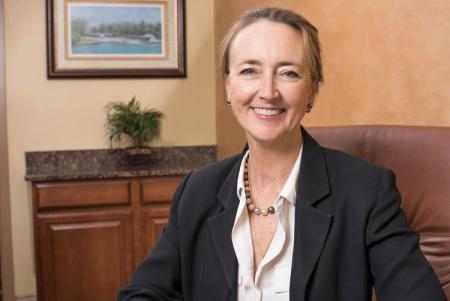Great Vespers
Divine Liturgy
St. Vladimir
Great Vespers
Divine Liturgy
Great Vespers
Divine Liturgy
All Saints of North America
Great Vespers
+ Pdn. Gregory Hatrak (2017)
Anne van den Berg's 'gift that keeps on giving'

Anne van den Berg is an attorney at the law firm of Marchena and Graham, P.A. in Orlando, FL. Born in Paris, France, Anne and her husband Egerton, a board-certified cardiologist with Orlando Health Heart & Vascular Institute, have lived in Central Florida since 1989. Their growing family includes six children and three young grandchildren, and they are active in their OCA parish, St. Stephen the Protomartyr in Orlando/Longwood.
For nearly twenty-five years, Anne served as a St. Vladimir’s Seminary trustee, chairing the Advancement and Trusteeship Committees and contributing her expertise within the Legal Affairs Committee. When she retired from the Board in 2015, Seminary President Fr. Chad Hatfield commended her “for bringing her professional and legal perspective to our SVOTS Board.”
One of Anne’s law practice concentrations is in the area of wills and trusts, and in our Zoom conversation we spoke about how she has established a planned gift to St. Vladimir’s Seminary through the Father Alexander Schmemann Legacy Society.
